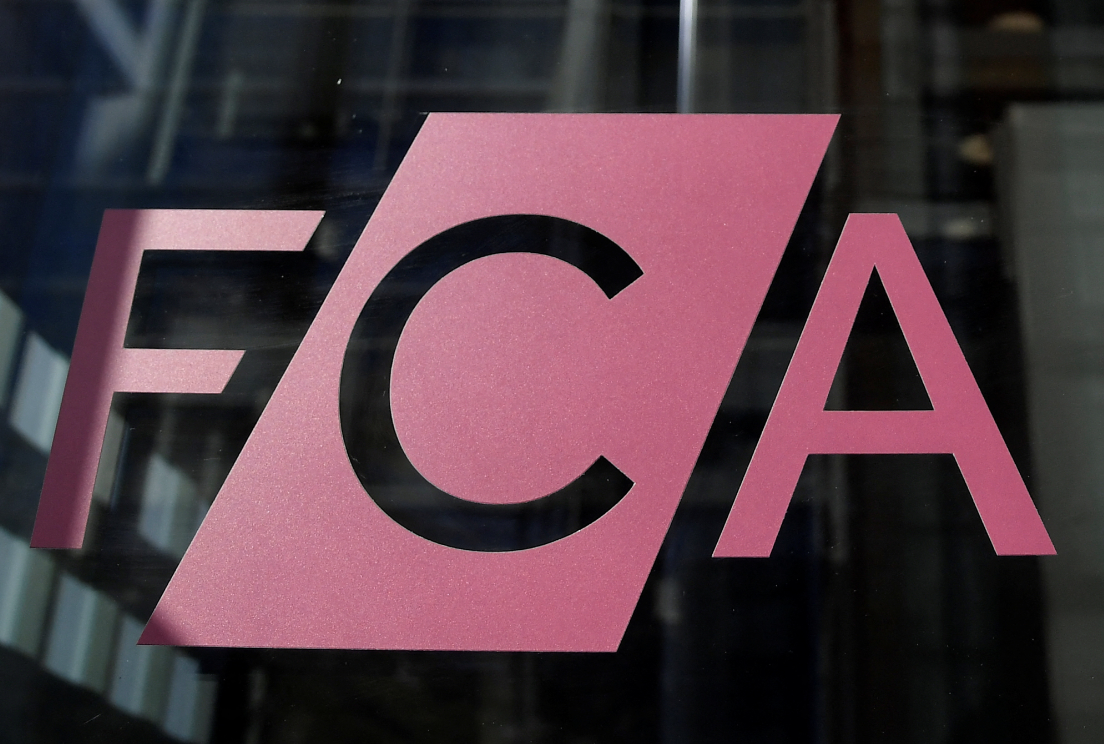PwC and Workiva Survey Finds Leaders Moving Forward with Climate Disclosures Regardless of Final SEC Ruling

|
Listen to this story:
|
However, 85% are concerned they do not have the right technology in place to meet ESG reporting requirements
A new survey released by PwC US and Workiva Inc. finds 70% of business leaders report they are not waiting for the U.S. Securities and Exchange Commission (SEC) to finalize the climate disclosure rules and will proceed with compliance regardless of when they become U.S. law.
Assurance and technology are key to compliance
Readiness varies across companies, and even business leaders that say they feel prepared also acknowledge there will likely be significant challenges to complying with the SEC’s proposed climate disclosure rules including deadlines, resourcing, technology, and budget.
Independent assurance will be a necessary component to meeting deadlines with investor-grade, transparent, and trustworthy data. Seventy percent of executives report their companies already seek voluntary, independent assurance–and will continue– even if it is not required for reporting scope 1 and 2 greenhouse gas emissions. Almost all leaders (96%) say they will proceed with assurance, regardless of whether it is included in the final SEC rules.
See related article: PwC and SAP Launch New Innovation Strategy to Help Organizations Achieve Their ESG and Net Zero Targets
“Decisions in the capital markets are being made related to ESG, and it is our belief that market participants and other stakeholders are entitled to the same quality of information as they expect from financial related disclosures,” said Kevin O’Connell, Trust Solutions ESG Leader at PwC. “Many ESG issues can be material to a company’s core strategy and long-term value creation. Regardless of when the SEC rules are finalized, investors and stakeholders have made clear: this is important. Companies should be preparing by transitioning to investor-grade and tech-enabled reporting to help accelerate their reporting process, and looking to implement effective governance and internal controls.”
While 68% of executives report their company already uses technology for ESG reporting, 85% are concerned their company does not have the right technology in place to support the level of reporting required in the proposed rules, despite almost all anticipating it will play an important role in meeting potential new requirements.
“Having the right technology, people, and timelines will be critical to complying with the proposed rule changes and other stakeholder demands for ESG transparency,” said Julie Iskow, president and chief operating officer, Workiva. “Our research also indicates that independent assurance is expected to play a major role in companies meeting expected requirements. ESG reporting is complex, requiring the ingestion, capture, management, and reporting of financial and non-financial data from many disparate sources. The more that ESG reporting is integrated into the decision-making processes of companies, boards and investors, the more important it is that the information is trustworthy.”
Businesses are investing in ESG reporting
Although 95% of business leaders say their company is prioritizing ESG reporting more now than before the rule was proposed, four in ten admit their company isn’t fully prepared to meet the expected disclosure requirements. That lack of preparation isn’t due to a lack of knowledge—leaders are acutely aware of the proposal and believe it sets clear expectations around what data and information needs to be disclosed; however, they expect to need more time once the rule goes into effect.
Many companies have already prioritized reporting and begun taking proactive measures. All executives shared that their company has taken at least one action in anticipation of the rule becoming law, with many taking more than one. While these actions vary, the most common include: investments in ESG reporting technology (40%) and people (33%), and accelerating (35%), or establishing, if necessary (33%), climate ambitions or goal timelines.
There are a number of steps that leaders should begin considering to help make sure their companies are prepared when the proposed rules go into effect. To meet investor demands and get ahead of the final rules from the SEC, forward-thinking organizations should begin tackling their ESG data and reporting strategy now.










